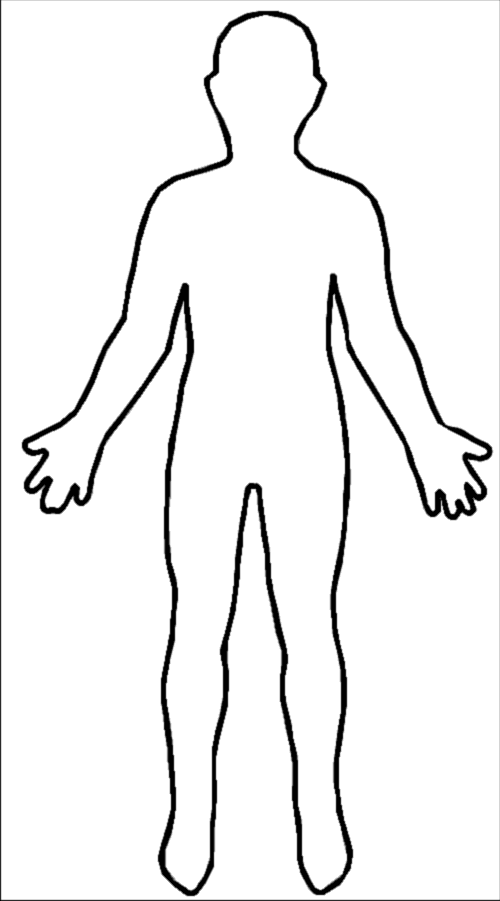Color Me Blank: Self-Labeling in times of Neo-Liberalism
According to National Geographic, in 2050 the United States population is believed to become a mixed, interracial and an even more homogenous/diverse country than it is now. As a result of this threat, traditional phenotypical races are becoming wary of the trends, census stats and the lingo used to define and label. Having the power of choosing your race and self-labeling is an act that results from privilege, regardless of the race. This is implied when a human being can play with the definition of their self in a careless manner resulting from that place of comfort, resulting from privilege. As examples I will compare three women: Jennifer Lopez, Raven Simone and Hillary Clinton.
Imagine being white today, mixed tomorrow and having the opportunity of becoming something else than what you were “born” into. The story of J-Lo is precisely that of the privileged Blanquita—a light-skinned Puerto Rican girl, who got a chance to crossover and portray herself as a white girl on the big screen. This opportunity to deny your cultural background is offered to every light-skinned Latin-American who can get an education and citizenship in the United States. The owner’s fears of seeing the traditional white population reduced in America can offer, as a payment, to you (the Black, Latino, Asian, Native, Gay, Transgender, and Female American) the opportunity of becoming one of them. Change your name, marry white, leave your roots, and forget your culture and you will be awarded with all the wonderful things that come with being a traditional White American. Isn’t it interesting how Jennifer Lopez is always dancing in between the lines? In real life she never denies her Puerto Rican background, but this may just be the thing that makes her valuable to White America. She is a constant reminder of the possibility of self-labeling as white, with the always present platano-stain that no whitening cream can cleanse.
Lucky star Raven Simone has been in the spotlight since she was a child; financial privilege has always been possible regardless of her skin color. Privilege allowed her to maintain privacy on issues of gender and sexual preference. Recently she told Oprah Winfrey that she refused to label herself, that her label was “American”. Ms. Simone has been able to ignore the two topics that might be considered of highest controversy in the United States. She had been questioned about her labels within settings where it’s allowed to be neutral—the mediated spotlight. Even though “stars” are always complaining about the aggressiveness of the paparazzi and the lack of privacy; denying you are black or gay is always safer in front of a camera than in a club, an alley or in school. Even if you are confronted, Oprah is way less intimidating than a random rapist or the police. The privileges that come with being accepted by the dominant class can silence, change and mold a person.
Lastly we can examine Hillary Clinton. Her label: female. It is obvious that she is white. Nobody would dare question that (privilege allows her not to self-label in terms of race, as opposed to the prior examples who can’t escape the identity issues in their lives regardless of their privileges). However, there is a need for Hillary to label herself as a woman. She needs to remind other females, voting females, that she is one of them. She uses her power to label herself as part of a group, only in a way that she will be recognized as part of the underprivileged—another female whose husband cheated on her, but whom she forgave. With this label she becomes human. Hillary’s self-labeling as a female is privilege since she has had opportunities that no other female has ever accessed; like the possibility of running for president. Being a female in the very traditional sense, defined by conditions of oppression that imply domestic chores, child bearing and caring, being sexually objectified, used and abused are eluded in her undeniable position of privilege.
Why is identity so important? After all, like Raven, most of us only remember where we grew up and possibly ignore the heritage of our ancestors. Why does a label have to be defined when, at the end of the day, society will decide for you? The police will determine who you are and a doctor will assign a race to your birth certificate. What is the importance of defining yourself? Reality around us seems to have grips on our possibilities and limitations but, still I ask: Can we still change this around and transform the privilege of self-determination to work for the underprivileged?
Photo Credit: clipartbest.com





